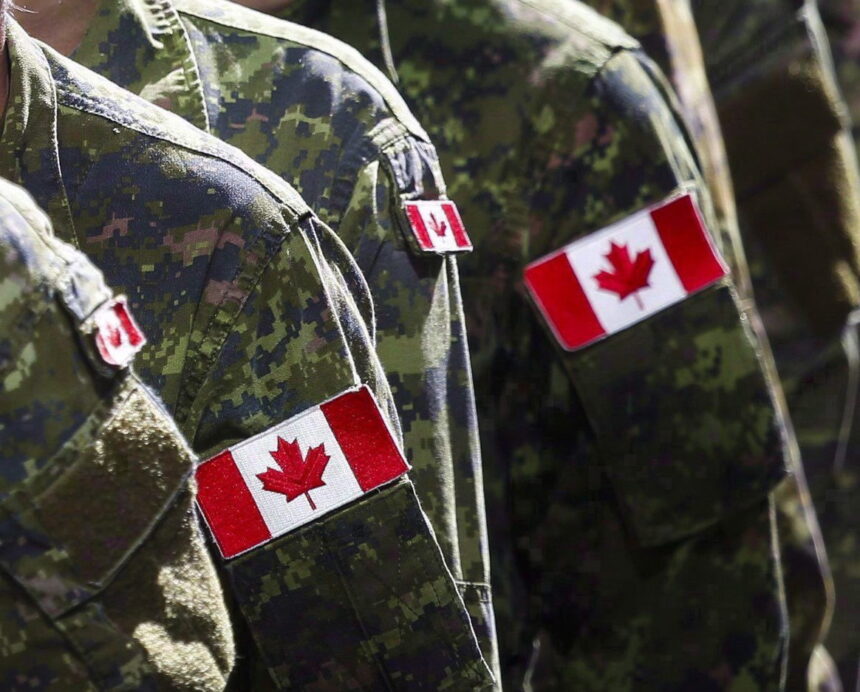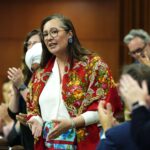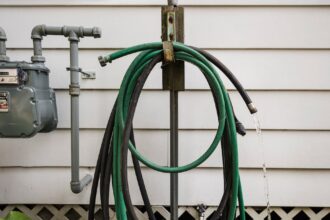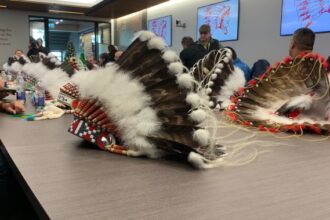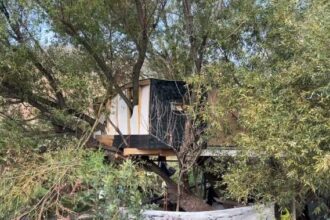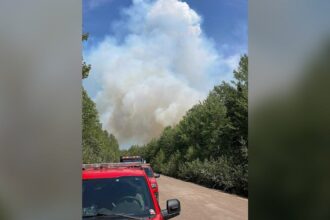In a troubling development that has sent shockwaves through Canada’s military establishment, the Canadian Forces National Investigation Service has launched a formal investigation into a Facebook page allegedly populated by current and former military personnel. The page, which has operated largely under the radar until now, contains deeply disturbing content including racist comments, misogynistic memes, and derogatory language targeting multiple minority groups.
The investigation began after whistleblowers within the military ranks forwarded screenshots to senior leadership, revealing what appears to be a systemic culture of discrimination thriving in this online community. According to sources familiar with the matter, some posts explicitly mock Indigenous Canadians, use racial slurs against Black service members, and contain sexually violent language toward female personnel.
“These allegations, if proven true, represent a fundamental betrayal of the values the Canadian Armed Forces claims to uphold,” said Defence Minister Anita Anand in a statement released yesterday. “We are committed to creating a military that represents the diversity of Canada, and this type of behavior has absolutely no place within our ranks.”
Military police investigators are now working to identify active service members participating in the group, which reportedly has several hundred members. The Facebook page, which uses military insignia and terminology but operates as a closed group, requires approval from existing members before granting access.
Lieutenant-General Jennie Carignan, Chief of Professional Conduct and Culture, addressed the investigation during a press conference at National Defence Headquarters in Ottawa. “We’re taking these allegations extremely seriously,” Carignan stated. “This investigation aligns with our broader efforts to transform military culture and eliminate harmful conduct that undermines operational effectiveness and damages public trust.”
The timing could not be worse for the Canadian Armed Forces, which has been working to address a series of high-profile misconduct scandals in recent years. Military leadership has repeatedly pledged to reform institutional culture, particularly around issues of sexual misconduct, racism, and discrimination.
Internal documents obtained through Access to Information requests show the military has been grappling with extremism within its ranks, with at least 58 incidents investigated in the past three years involving allegations of members participating in hate groups or expressing extremist views online.
Defence analyst Dr. Charlotte Reynolds from the Canadian Institute for Strategic Studies notes that the military faces unique challenges in the social media era. “The armed forces have always maintained a distinct culture with its own traditions and jargon, but social media creates unmonitored spaces where the worst aspects of that culture can fester,” Reynolds explained. “What’s particularly concerning is that these online behaviors can translate into real-world discrimination and harassment.”
The Canadian Armed Forces’ diversity strategy, launched in 2021, specifically identified online conduct as an area requiring attention, but implementation has been uneven across different units and commands.
For many observers of Canadian politics, this investigation represents a critical test of military leadership’s commitment to meaningful cultural change. Parliament’s Standing Committee on National Defence has indicated it may call senior officers to testify about measures being taken to address extremism and hateful conduct.
Veterans’ groups have also weighed in on the controversy. The Veterans for Inclusive Forces, a grassroots organization of former military members, issued a statement condemning the Facebook group while emphasizing that it represents a fringe minority within the broader military community.
“Most who serve do so with honor and respect for all Canadians,” said retired Colonel Maria Thompson, the group’s spokesperson. “But we cannot deny that these problems exist and must be confronted directly.”
As this investigation unfolds against the backdrop of Canada’s evolving national identity and ongoing conversations about systemic discrimination, a profound question emerges: Can an institution built on hierarchy and tradition truly transform itself to reflect contemporary Canadian values of inclusion and respect, or will the military continue to struggle with the gap between its stated principles and the lived experience of its diverse members?

